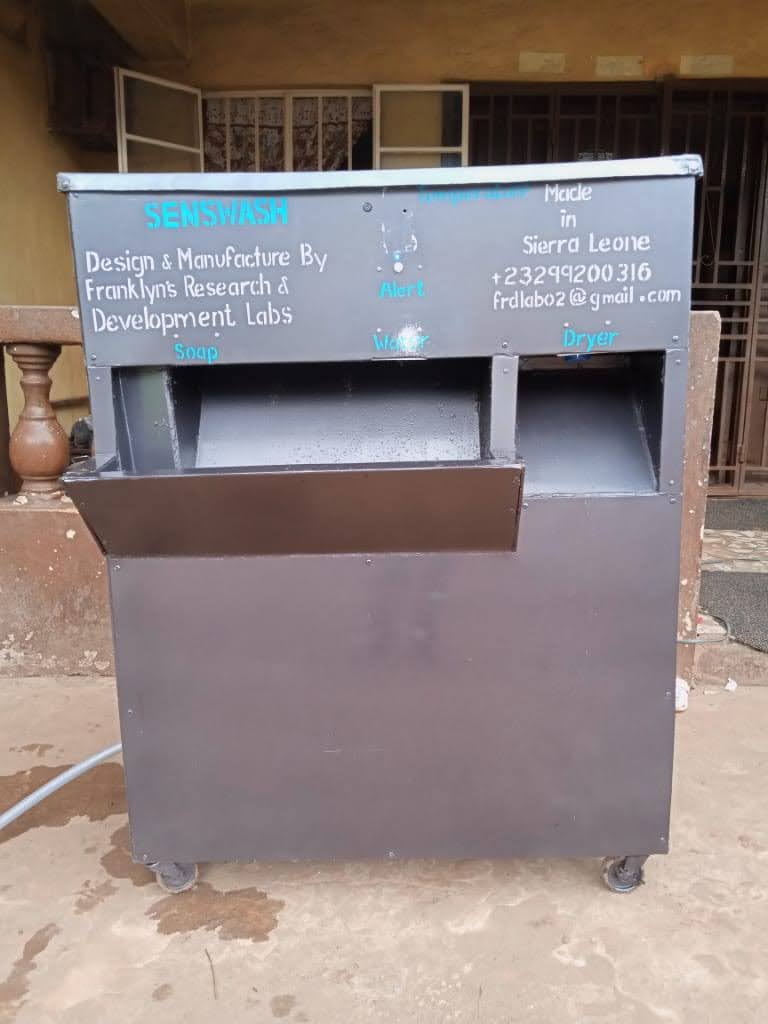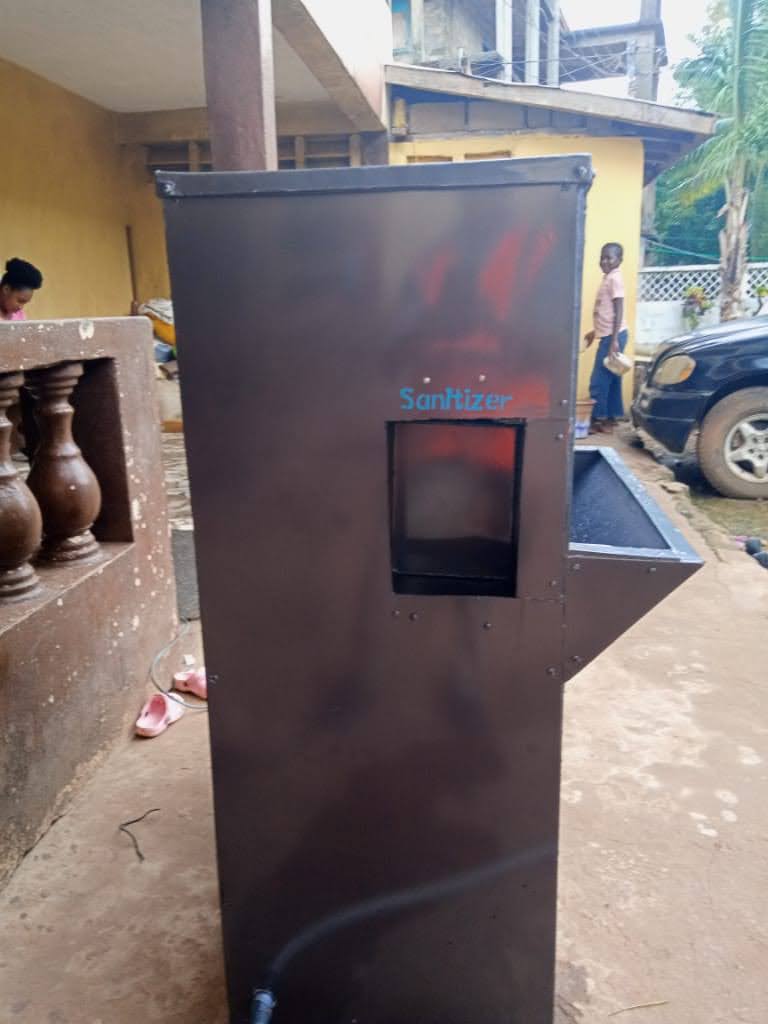Location(s)
Tags
SDG(s)
Sustainable Development Goal(s)
Powered by

Posted by Akinyemi Scott-Boyle
UNDP Sierra Leone Accelerator Lab
SDG(s)
Sustainable Development Goal(s)
 3Good health and well-being
3Good health and well-being 6Clean water and sanitation
6Clean water and sanitationPlease be aware that the content herein has not been peer reviewed. It consists of personal reflections, insights, and learnings of the contributor(s). It may not be exhaustive, nor does it aim to be authoritative knowledge.


Innovator gender
Male
Comments
Log in to add a comment or reply.